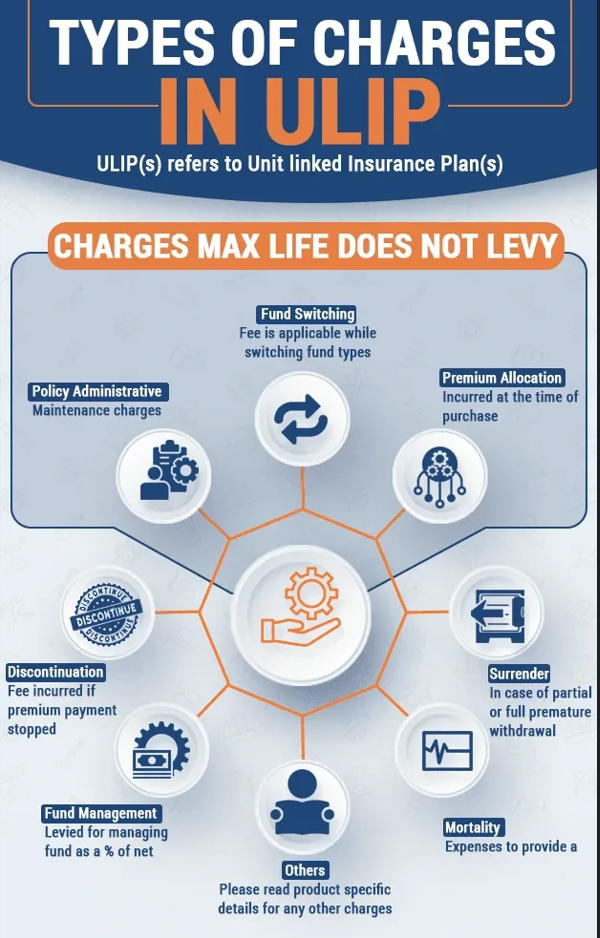 |
| Mr.James Fetgatte |
While the US offers the most stable and secure option in commercial real estate, investors said improvement in rent and occupancy growth and the repeal of a 1980 foreign investment tax would have the strongest impact on their investment decisions, .
Mr.James Fetgatter, Chief Executive Officer, AFIRE said,"The negative is it doesn't promise a whole lot of capital appreciation because the prime markets are already fully priced. By no means will Brazil replace the US, at least not in the foreseeable future. Brazil is considered now a much safer place to invest and a place where you can get capital appreciation and good yield."
Highlights of AFIRE..!
# AFIRE'S survey respondents hold more than $ 87,400 of real estate globally, including $ 33,800 in the United States.
# 60% of respondents said they plan to increase their investment in US real estate in 2012, down from a record 72% last year.
# Some 42.2% said they believed the United States in 2012 would offer the best opportunity for the price of their commercial real estate investments to increase, down from 65% last year's survey.
# The United States lost ground to Brazil, with 18.6% saying Brazil's property market offered the best growth opportunity for their investment dollars. That's up 14.2%, moving Brazil up to second place from fourth, and pushing China down to No. 3.
# For about the past year or so, investors in US commercial real estate have focused on gateway cities such as New York, Washington, Boston, San Francisco and Los Angeles, driving prices up and yields down.
# Commercial property in Brazil, with its bubbling economy and safer investment environment, has become a hot spot for global investors. Sao Paulo, Brazil's largest city, jumped to the 4th best city for real estate investment dollars in 2012, up from 26th place last year.
# 70% of respondents picked one of the three countries as their favorite, while the remaining 30 per cent had top choices from 13 other countries on five continents.
# Respondents said they would invest more in US commercial property if the fundamentals of rent and occupancy growth were stronger.
# Another US barrier respondents cited was the Foreign Investment in Real Property Tax Act (FIRPTA). The 1980 act, originally designed to protect farm property from foreign ownership, subjects foreign buyers to both their domestic and US taxes when they sell their investment, unless their home country has a taxation treaty with the United States.
# FIRPTA opponents have argued that the act unfairly penalizes foreign investors of real estate. Such double taxation does not apply if they buy US stocks or bonds.
About AFIRE..!As the official voice of the foreign real estate industry in the US (United States) and the pre-eminent global real estate organization, the Association of Foreign Investors in Real Estate (AFIRE) represents the interests of about 200 investing organizations from 21 different countries.
AFIRE is a not-for-profit association of international real estate investors with headquarters in Washington, DC, was founded in 1988 with strong support from Dutch pension funds.































